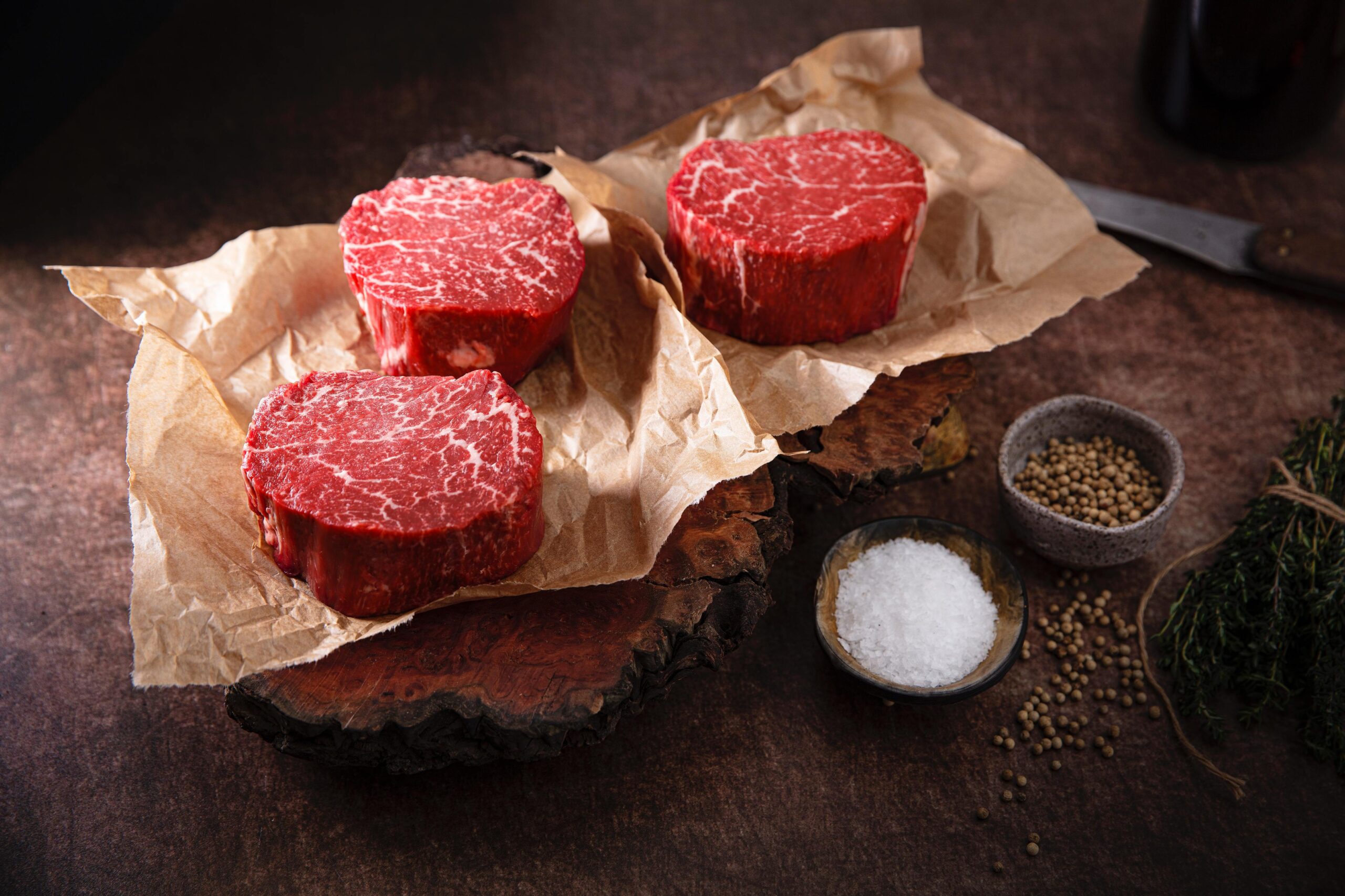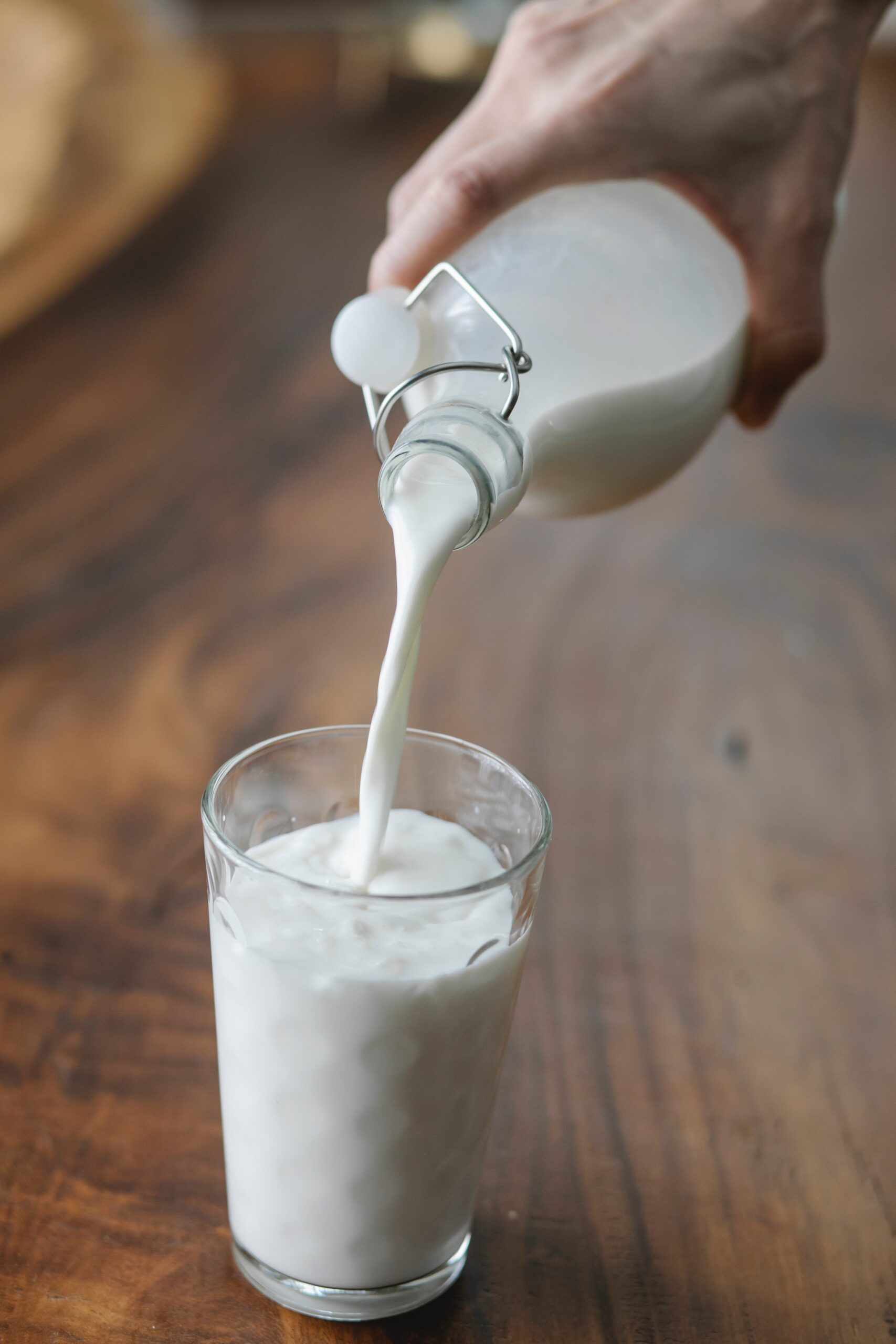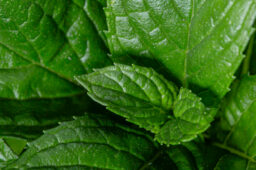
Foods that Harm the Gut microbiome
- September 02, 2021
- by
- Khyra
Our gut (the gastrointestinal tracts) is home to trillions of microorganisms! While we inherit our genes, we leave the womb without a single microbe. In the birthing process, we attract entire colonies of bacteria. By the time, a child can crawl, he or she has been blanketed by an enormous, unseen cloud of microorganisms–a hundred trillion or more bacteria, viruses, and fungi (including a variety of yeasts), and they come at us from our environment. They congregate in our digestive systems, cover our skin, and even line our throats. We are home to as many as ten thousand bacterial species; outnumbering our cells by ten to one, and weigh, all told, about three pounds–the same as our brain. Together, they are referred to as our microbiome–and they play such a crucial role in our lives that scientists like [Martin J.] Blaser have begun to reconsider what it means to be human!
These gut microbes or home buddies (as I call them) are essential to our very survival. Many species of bacteria residing in the gut play crucial roles in digestion. Your gut flora could be friendly: in which case they assist with digestion, produce vitamin K, folate and short chain fatty acids or harmful: wherein they cause illness. Gut flora mainly populated by harmful bacteria creates an imbalance (known as dysbiosis) which leads to inflammatory conditions, weight gain, colorectal cancer, insulin resistance.
FUNCTION OF THE GUT AND WHAT AFFECTS IT
Science has discovered that the road to great health is paved with good gut diversity and abundance. Every meal we eat influences the great microbial organ inside us for better or for worse. Besides the basic roles of digestion, the gut also has nerve endings which influences a lot of body mechanisms from food choices, emotions to metabolism and disease. While everyone’s microbiome is unique there are certain general trends that apply to all.
BELOW ARE FOODS THAT HARM THE MICROBIOME:
1. Processed foods: foods that have reduced nutritional value due to processing are a disaster for the gut. Processed meat, white flour breads bread, pastries, certain breakfast cereals, snacks, biscuits are implicated here. Edible chemicals like fructose corn syrup, sorbitol, emulsifiers employed to enhance certain characteristics in processed foods have been found to endanger gut microbiome.
2. Foods High In Added Sugar-(candy, chocolate, soft drink) are highly implicated in gastrointestinal microbiome deterioration (especially inflammation). Packaged juices, energy drinks, soda and even cocktails also rank as problematic for the gut due to high sugar and preservative content.
3. Inflammatory fats found in margarine, non-cold pressed oils, vegetable oils rich in omega-6-fatty acids (though omega-6-fatty acids is not much a precursor of inflammation, except when in excess) Packaged foods such like canned beef and condiments also leave your gut in bad shape
4. Red Meat consumption can encourage the proliferation of certain bacterial strains that impact your gut badly resulting in a higher BMI scores, and compromised immune function. Also Advanced Glycation End (AGE’s) products formed from the thermal synthesis of meats and similar products at high temperatures associated with cooking is also a huge draw back to a healthy microbiome. Animal proteins; studies suggests that red meat may be especially unhelpful, as it raises levels of trimethylamine N-oxide (TMAO). TMAO is a byproduct of gut bacteria. Researchers link high TMAO levels to a higher risk of heart attack and stroke.
5. Excessive Alcohol Consumption: the delicate balance of flora and human cell activity) is easily skewed by the presence of excess alcohol in the gut. When digestion of alcohols produces more toxins than the body can manage. The toxins offset balance in key protein (Zonulin) which regulates intestinal tract permeability, culminating in a condition called leaky gut syndrome (though the pathway through which these occurs is a matter of debate) but the underlying principle is mostly similar.
6. Artificial Sweeteners– From acesulfame to aspartame and everything in between, artificial sweeteners are bad news for your gut and waist line. Consumption of artificial sweeteners induces many negative effects in your gut resulting in heightened glucose intolerance, variations in gut microbial composition and disease.
7. Tap Water-Yes read right, tap water. Tap water is normally chlorinated and chlorine like other chemicals can alter your gut flora skewing the balance in favor digestive complaints and even cancers.
8. Genetically Modified Foods-The roll call here lists corn, soy and wheat as the main culprits. Avoiding these grains may not be so easy but ensuring that what you consume is GMO free is important. Research has provided sufficient evidence that glyphosate is toxic to the beneficial bacteria colonies of the gut.
9. Gluten-the protein that gives baked products its shape is implicated as causing bloating, gas, pains and discomfort which are the results of an ongoing gut dysbiosis.
10. Dairy– milk and its derivative have long been known to cause bloating, gas and discomfort even in persons who are lactose tolerant. Dairy products have the capability to change the delicate balance in your gut thereby allowing bad bacteria strains to flourish.
11. Farmed Fish and Chicken– these animals are reared with a heavy dose of antibiotics which when eaten upsets the balance in the microbiome flora of the gut resulting in illness. Read more on gut-brain axis.










1 Comment
Iphy Okonkwo
3rd Sep 2021 - 6:47 amThank you for this information.
It very eye opening.